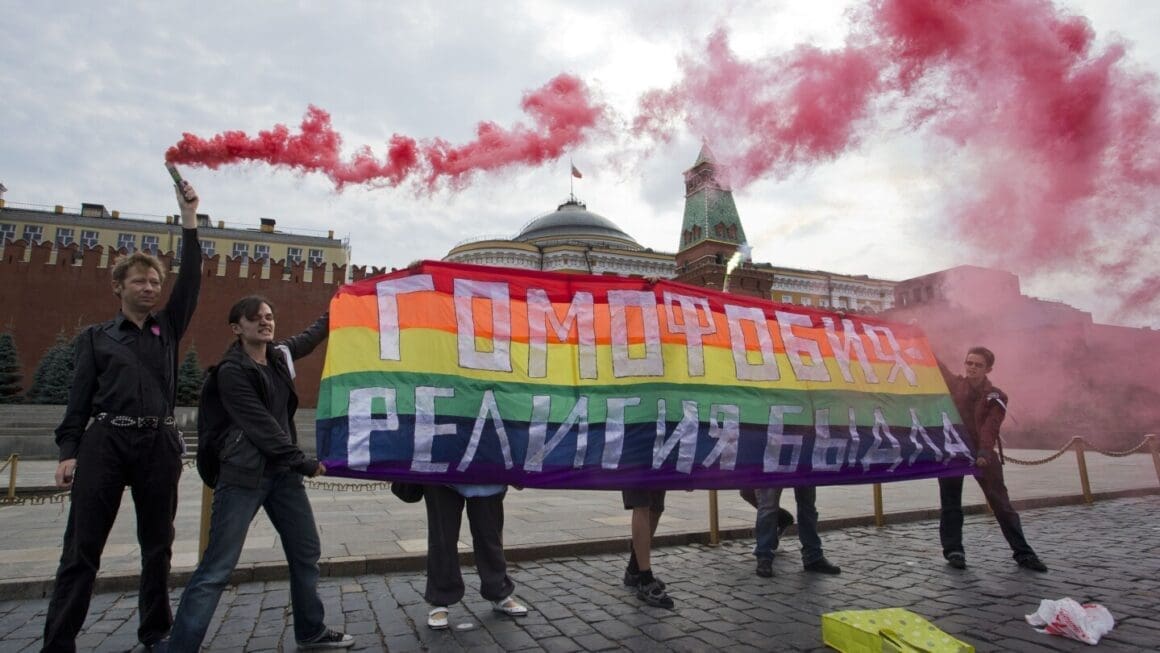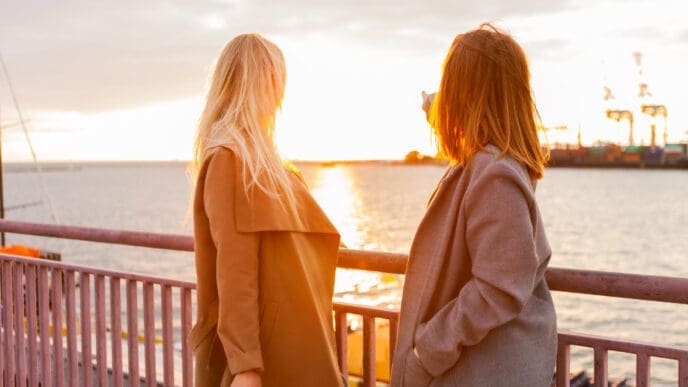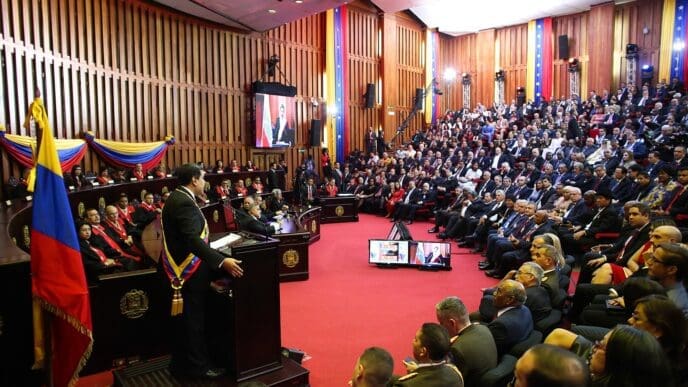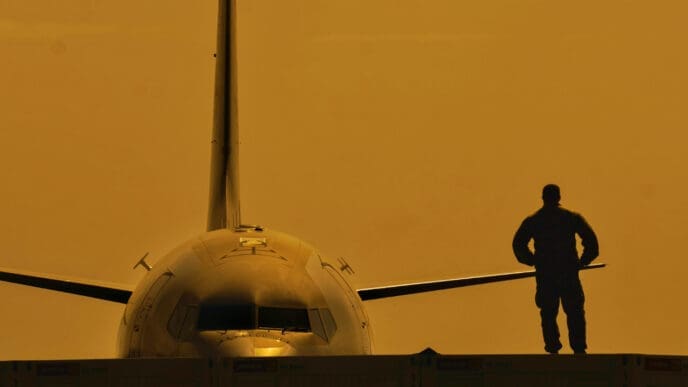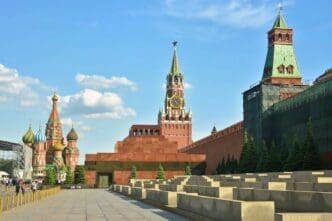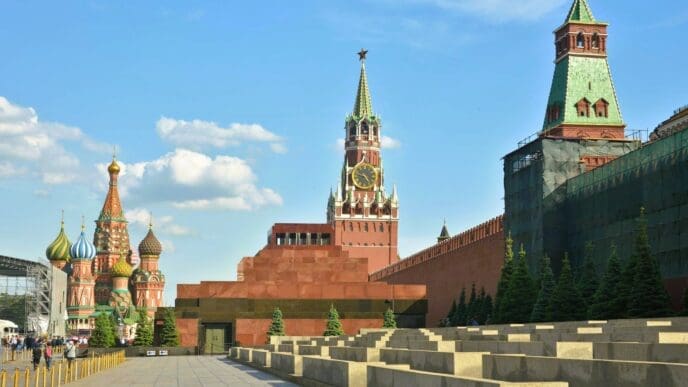In recent years, Russia has witnessed an increasing crackdown on LGBTQ+ rights, exacerbated by the Supreme Court’s designation of the international LGBTQ+ movement as an extremist organization. This ruling effectively criminalizes any association with LGBTQ+ activism, leading to widespread fear of prosecution and incarceration among community members. Many activists have fled the country, leaving behind a community that feels increasingly isolated and oppressed.
Gela Gogishvili and Haoyang Xu, a same-sex couple, found themselves at the center of this turmoil. Living initially in Kazan, they enjoyed a relatively peaceful life despite the government’s growing anti-LGBTQ+ stance. Their social media presence attracted a following, yet it eventually led to threats as the Kremlin expanded its legislative measures against LGBTQ+ expressions. In 2023, they were detained and accused of propagating LGBTQ+ values, resulting in penalties and detention. Fearing for their safety, both sought asylum in France, but they remain deeply concerned about the situation in their homeland.
These legal and societal pressures have a deep-rooted history, becoming more pronounced after Russia’s military engagement in Ukraine. President Vladimir Putin has portrayed the conflict as a defense of traditional family values against Western influences promoting LGBTQ+ rights. Despite public denials of discrimination, Russian authorities have depicted LGBTQ+ identities and practices in disparaging terms, further isolating this community.
Legislative measures have included prohibitions on gender transitioning and adoption by individuals from countries supporting gender-affirming care. Public portrayals of LGBTQ+ individuals are suppressed in media, affecting online, print, and film content. People like Olga Baranova of the Moscow Community Center for LGBT+ Initiatives express grave concerns over the severe crackdowns and the need for the community to question the worth of their activism against the threat of years-long imprisonment.
Police raids on venues that were previously safe spaces for the LGBTQ+ community, such as gay bars and clubs holding drag performances, have escalated. Charges of distributing LGBTQ+ propaganda have surfaced even against those loosely associated with the community. Such government actions are reportedly intended to instill fear and deter open expressions of LGBTQ+ identity, according to activists such as Vladimir, who emphasize the climate of terror rather than merely repression.
In response, underground networks are evolving to sustain community ties and offer support discreetly. Efforts are shifting towards digital platforms with secure identity verifications to provide legal aid and organize events without attracting unwanted attention, as indicated by testimonies from activists like Ikar.
Transgender individuals face additional challenges under these suppressive laws, struggling to find employment and access healthcare. Prevented from legally affirming their gender identities, many turn to unsafe methods for medical support. Violence and harassment have surged against the transgender community, exacerbating their vulnerabilities. Some, like Anna, a young transgender woman in Moscow, highlight the crucial role community networks play in navigating these threats, despite the personal risks involved.
With the Russian state’s tightening grip, the future of the LGBTQ+ community remains uncertain. Many express fears not only for themselves but for younger generations growing up in an environment hostile to diversity in sexual orientation and gender identity.
The intensifying legal restrictions and cultural hostilities in Russia pose grave challenges for its LGBTQ+ community. As these measures increasingly curtail their rights and freedoms, many are forced into exile or to find alternative means of support within the country. The outlook remains bleak as the state continues its oppressive stance, leaving little hope for immediate relief or acceptance.
Source: Apnews


